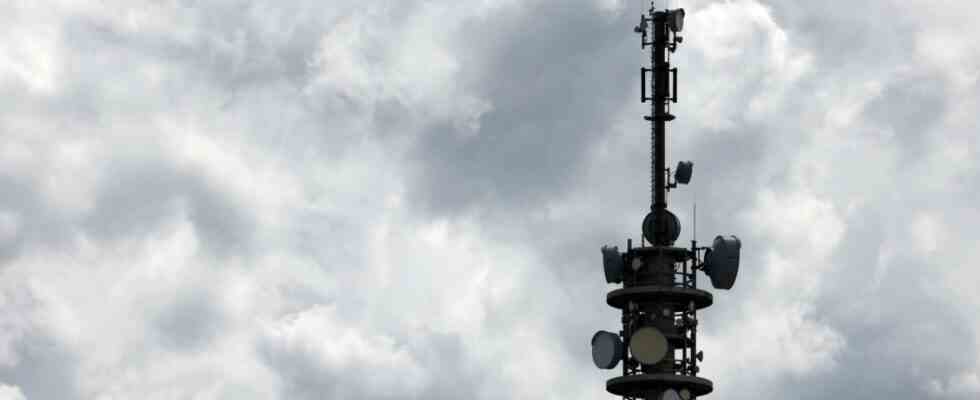Meter-high cranes and large machines are currently in use in Garching to create the environment for working on the smallest particles: The Technical University of Munich (TU) and the Bavarian Ministry of Building are celebrating this Tuesday, January 24th, on the university campus in Garching Topping-out ceremony for the new “Center for Quantum Engineering”, or ZQE for short, in the district of Munich. From 2024 onwards, scientists from the fields of physics, electrical engineering, chemistry, computer science and mathematics in interdisciplinary research groups will be able to gain new knowledge in the relatively new field of quantum technology in the multi-million dollar new building in the north-east of the campus.
Christian Pfleiderer from the Chair of Topology of Correlated Systems heads the new TU Center for Quantum Engineering (ZQE) on the Garching research campus.
(Photo: Astrid Eckert/oh)
The ZQE was formally founded in February 2022 at the TU. In organizational terms, it is not assigned to any of the university’s “Schools” units, but is a so-called central institute of the TU, i.e. an independent interdisciplinary facility comparable to the Walter Schottky Institute for Semiconductor Research (WSI) or the Center for Functional Protein Assemblies (CPA). 18 professors are among the founding members, the founding directors are the physics professor Christian Back, Professor Eva Weig from the Department of Electrical Engineering and the physicist Christian Pfleiderer, who is also the executive director of the ZQE. The research institute is already being set up and is active, even if the devices are currently still being operated in the laboratories of TU colleagues, as Pfleiderer says.
The more than 100 researchers are expected to be able to move into their own building in autumn 2024, provided that the construction work continues to progress well. In the three-storey new building, which includes laboratories and offices, five to six working groups will deal with various aspects of quantum technology. As Pfleiderer emphasizes, this is about solid-state-based realizations of quantum technologies – in contrast to systems based on cold atoms, such as those researched by the campus colleagues at the Max Planck Institute for Quantum Optics.
The knowledge that the researchers hope to gain at the ZQE in the future should of course also be applied in practice. For example, in the development of extremely sensitive sensors, such as those required for measuring the smallest magnetic fields in imaging methods of magnetic material properties or in nuclear magnetic resonance examinations.
“Another important example is the implementation of tap-proof communication methods using existing telecommunications infrastructure,” explains Pfleiderer. In addition, quantum research should help to develop technological approaches that make it possible to solve extremely complex optimization problems.
The construction costs for the new research center are estimated at around 46 million euros. These are shared between the federal government and the Free State of Bavaria.

